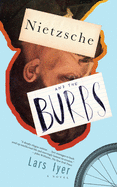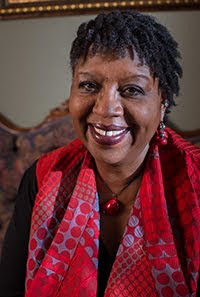 |
| Nikki Grimes |
At the New England Independent Booksellers Association fall conference last month in Providence, R.I., author Nikki Grimes, whose new book is Ordinary Hazards: A Memoir (Wordsong/Boyds Mill), spoke with beauty and resonance about the power of words, reading and writing, and books and bookstores. She graciously agreed to share her remarks, which included several poems from Ordinary Hazards, with readers of Shelf Awareness:
This morning, I want to open with a poem about my favorite bookstore in Harlem.
Michaux's
Mention Harlem
and The Apollo is what
often comes to mind, but
Daddy introduced me to
another entertainment venue:
National Memorial African Bookstore
or, as everybody called it, Michaux's,
its exterior busy with posters
and signs like:
"Knowledge is power
and you need it every hour."
I followed Daddy through the door and,
like Alice, slid down a magical rabbit-hole.
Eyes too wide for words,
I gazed at the walls and walls of books
sandwiched together:
The Souls of Black Folk, Black Boy,
Maud Martha, And Then We Heard the Thunder,
books signed by Eartha Kitt, LeRoi Jones
and Langston Hughes, a local.
Surely, the neighborhood library
was jealous!
From the corner of my eye,
I spied a staircase leading—where?
"What's there?"
I asked Mr. Michaux, pointing.
"Go on down and see," he coaxed.
Daddy nodded, letting me know
it was okay to explore.
I tread carefully, step by step,
down into a dimly lit cavern
of floor-to-ceiling metal cases
bulging with even more books.
I roamed the narrow aisles,
gingerly tracing the
delicately bound spines
as if each was
a book-shaped diamond,
the name of each author, a ruby:
Zora Neale Hurston, John O. Killens,
Rosa Guy, Gwendolyn Brooks,
Henry Dumas, Chinua Achebe—
hundreds and thousands
of beautiful books by and about
people who look like me,
stories from the African Diaspora
my father spoke of passionately.
For more than an hour,
I devoured a page here, two pages there,
easily squeezing between bookcases
crammed so tightly,
no claustrophobic
could survive the adventure.
As for me, I knew I'd found
a place to call home
for the foreseeable future.
When I finally let Daddy drag me away,
I left Michaux's with a single thought:
My books will be here, some day.
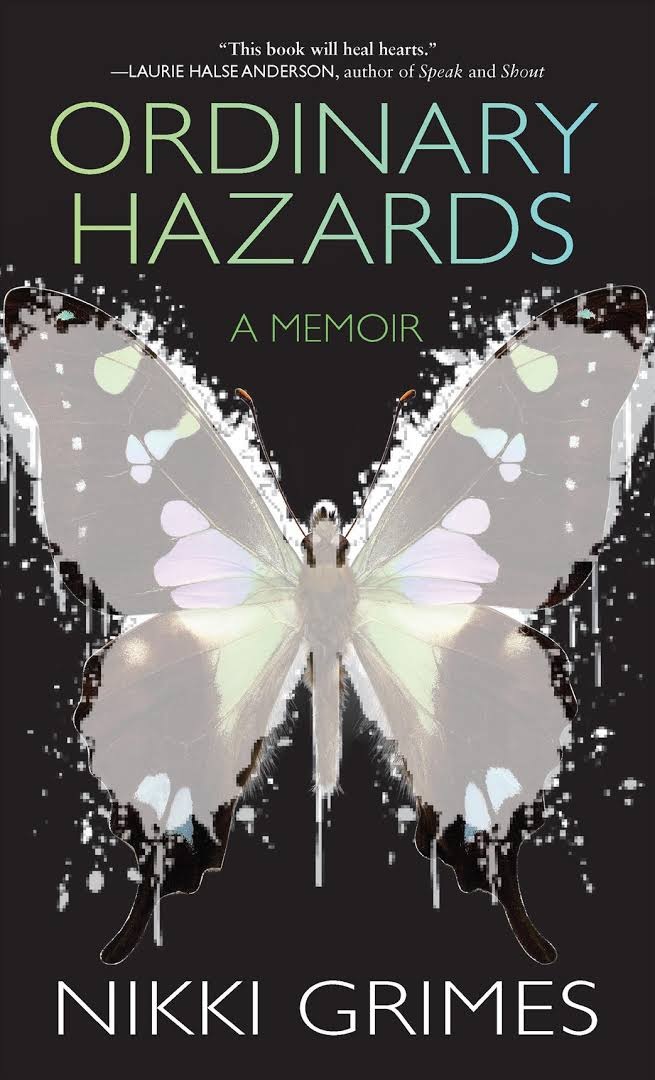 Bookstores have always held a special place in my heart. Anyplace where books live is home to me.
Bookstores have always held a special place in my heart. Anyplace where books live is home to me.
I wonder if you, as booksellers, truly understand that the work you do is sacred. Day in and day out, rain or shine, you are caretakers of language. James Baldwin said, "It is experience which shapes a language, and it is language which controls experience." Too true.
You, my friends, handle the delicate treasure of words bundled in these extraordinary packages called "Books," books that have the power to help or heal. Books that, at times, traverse dark and difficult worlds, and yet also manage to ferry joy and hope. Books brimming with words sturdy enough to uplift and inspire, even as they entertain, educate, and challenge the way a reader sees the world. Most importantly, though, more often than you might imagine, the words you traffic in actually have the power to save lives. And I would know. The written word saved mine. Here are more words from Ordinary Hazards.
Isolation Station
The house was full, but with strangers
and I was there by myself, in the dark, in a
tiny pocket of a room with a tiny bed to sleep in
and little space for the fears I'd packed in my suitcase,
which makes no sense, because why would I bring them with me?
And the night sounds, foreign to this city-girl, left me tossing and turning. There was no more room in my head to hold the anger
rising like steam, searing the edges of my brain, there was not even
a shelf where I could stack the questions crying out for answers
that wouldn't come: Why did Mom love liquor more than Carol,
more than me? Why did Daddy let strangers take us away?
Why did Grandma refuse to come to our rescue?
Why didn't they love us? Why didn't anyone love us enough?
Whywhywhywhwhywhywhywhywhywhy? Why?
"Stop!"
I leapt out of bed, switched on the light,
grabbed a piece of paper and a pen,
stabbed the page and let my thoughts gush like a geyser,
shooting high into the moonless sky
then falling down on the page I held captive
till every line was stained with my feelings, and
the heat of them finally had a chance to cool, and
suddenly, I could breathe, breathe, breathe, and
there was once again room enough in my head
and my heart to just--be.
Then I closed my eyes.
And it was morning.
Secret
I slipped the tear-smudged page
into my dresser drawer.
Those words were strictly for
God and me. Besides,
this writing thing
was some kind of magic trick
I didn't yet understand,
except for this:
Magicians rarely share
their secrets.
Journey
My life in notebooks
began with this,
a poem here,
an observation there,
a rage of red ink--
each sheet of white
a paper haven.
The blank page
was the only place
I could make sense
of my life,
or use to keep record of
each space
I called home.
The daily march of words
parading from my pen
kept me moving
forward.
I've often said that, as a child, reading and writing were my survival tools. In many ways, they still are. I can't imagine what my life would be without the gift of the written word, whether as reader or writer.
This business of word-wielding, of language caretaking, and of bookselling is sacred, whether we treat it as such, or not. So let's. And as we wrestle with the day-to-day frustrations of what we do--and those frustrations are legion--let's pause to remember that the work we do is sacred. Why not embrace the joy of that?
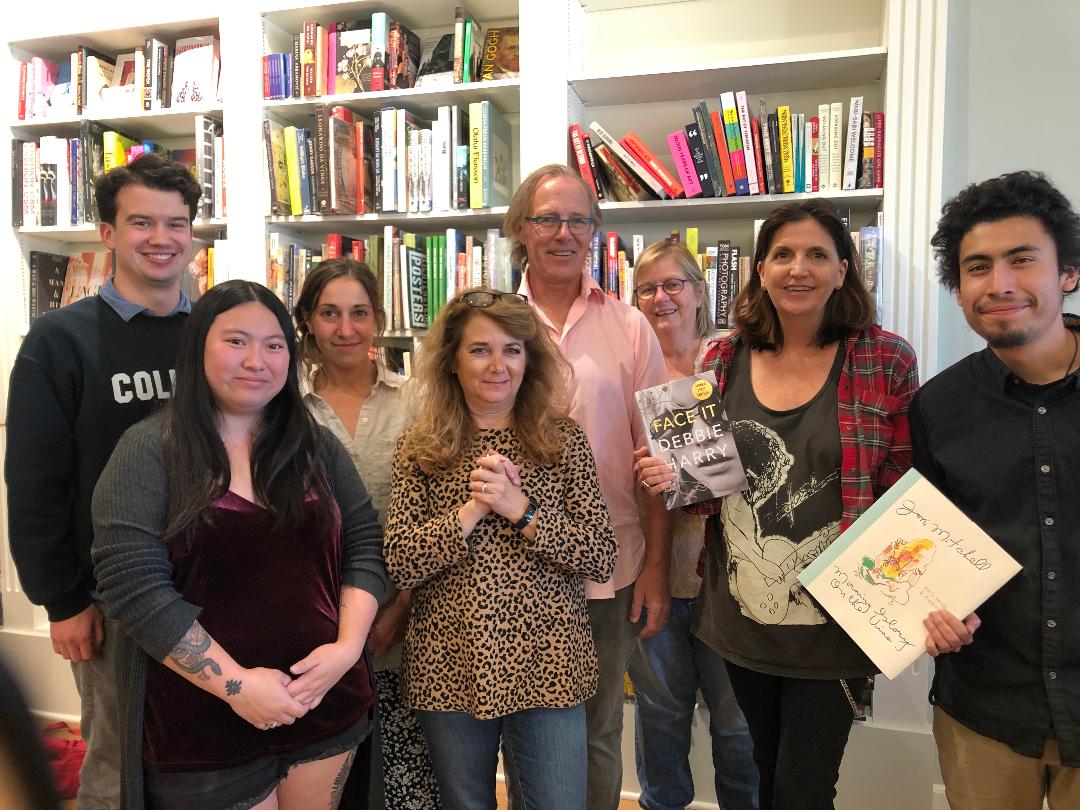





IPC.0204.S3.INDIEPRESSMONTHCONTEST.gif)




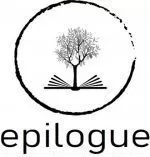 Epilogue Books Chocolate Brews
Epilogue Books Chocolate Brews
 Starting today and continuing through December 19, Sourcebooks is offering a rapid replenishment program for independent bookstores across the country. Orders for in-stock Sourcebooks titles received from indies by 11 a.m. Central time Monday through Friday will ship no later than the following business day, weather and transportation conditions permitting, for arrival at booksellers' doors within two days. Orders received after the cutoff on Friday and over the weekend will be shipped on Monday.
Starting today and continuing through December 19, Sourcebooks is offering a rapid replenishment program for independent bookstores across the country. Orders for in-stock Sourcebooks titles received from indies by 11 a.m. Central time Monday through Friday will ship no later than the following business day, weather and transportation conditions permitting, for arrival at booksellers' doors within two days. Orders received after the cutoff on Friday and over the weekend will be shipped on Monday.
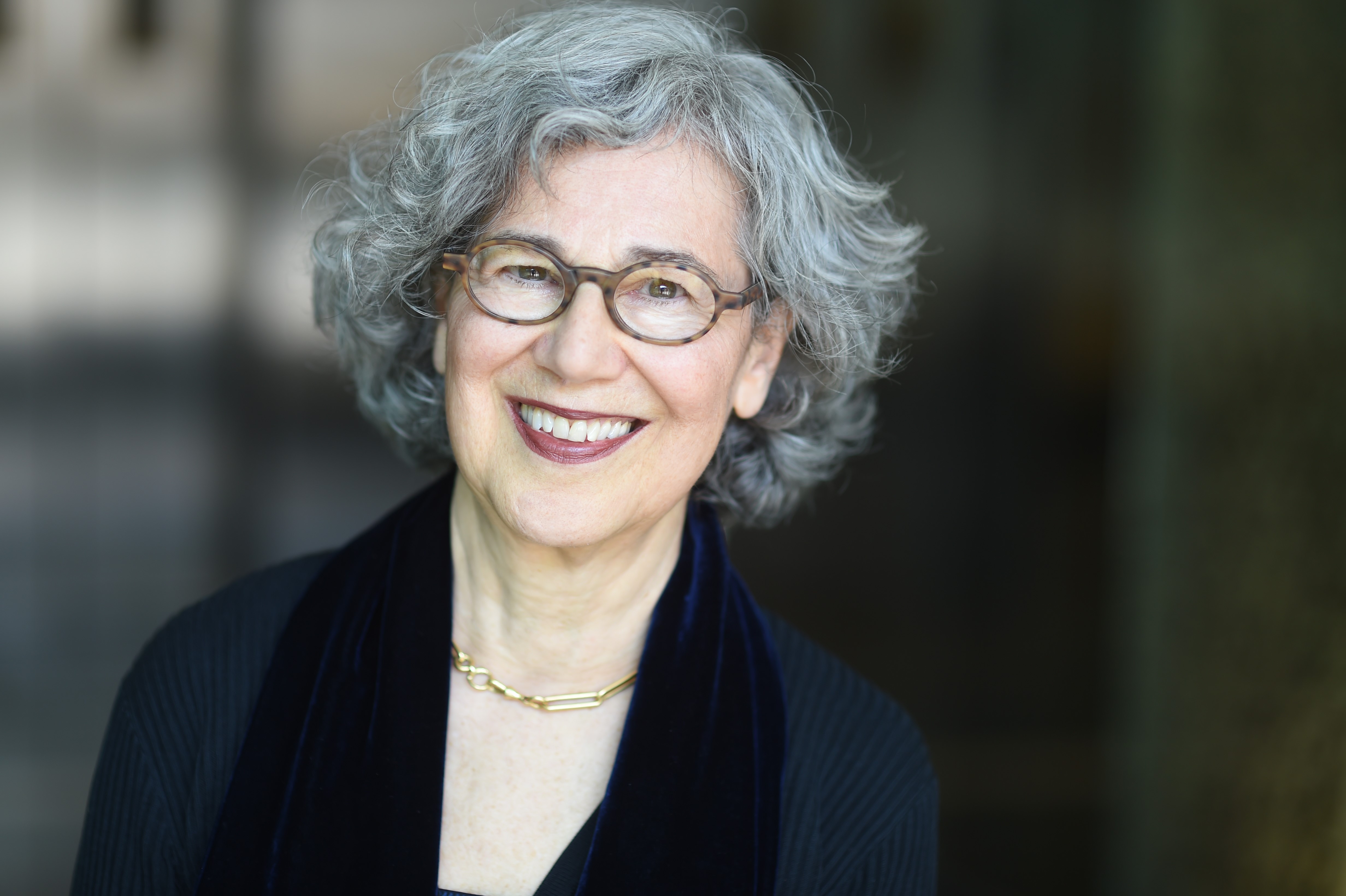
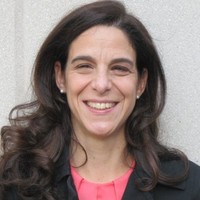
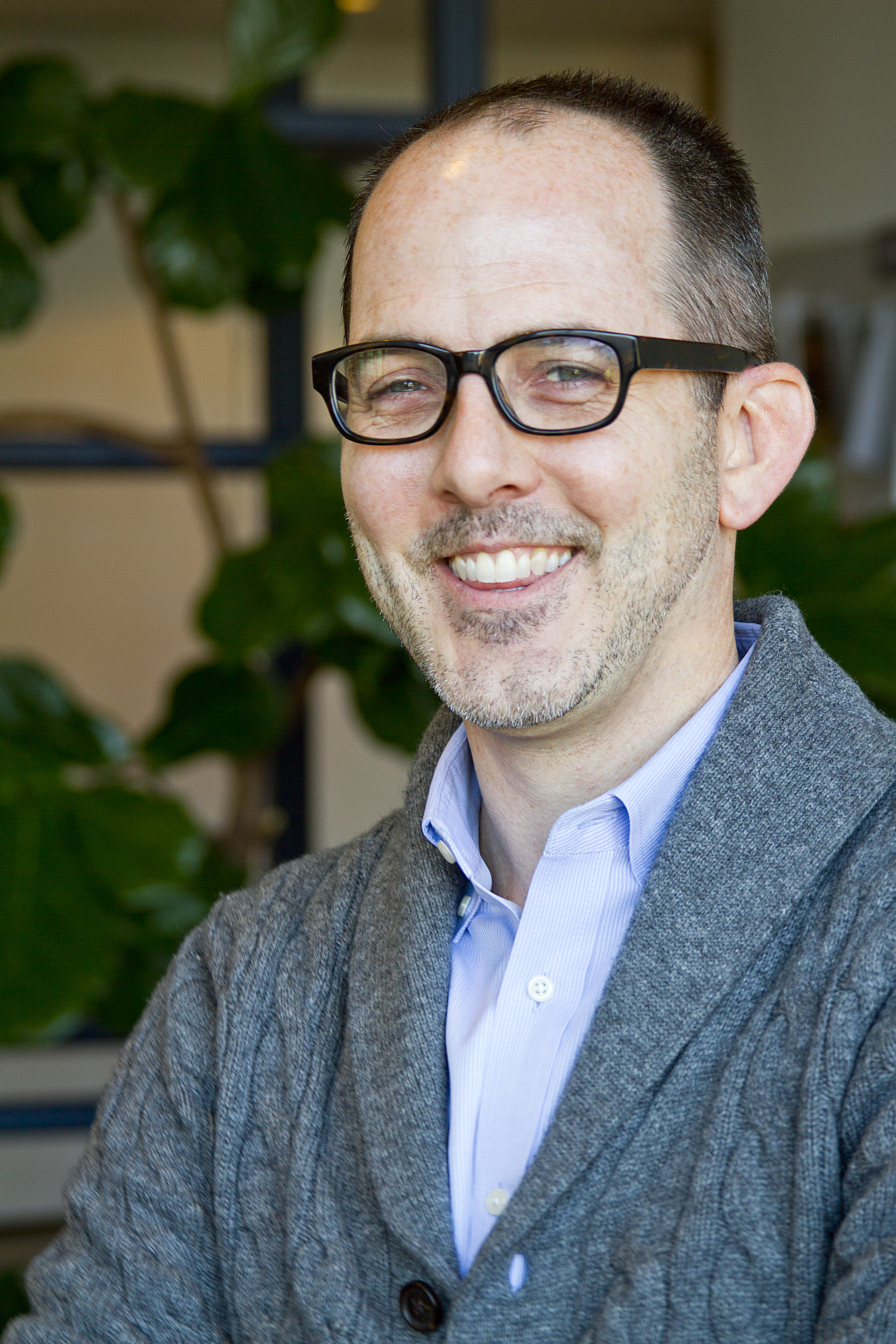
IPC.0211.T4.INDIEPRESSMONTH.gif)
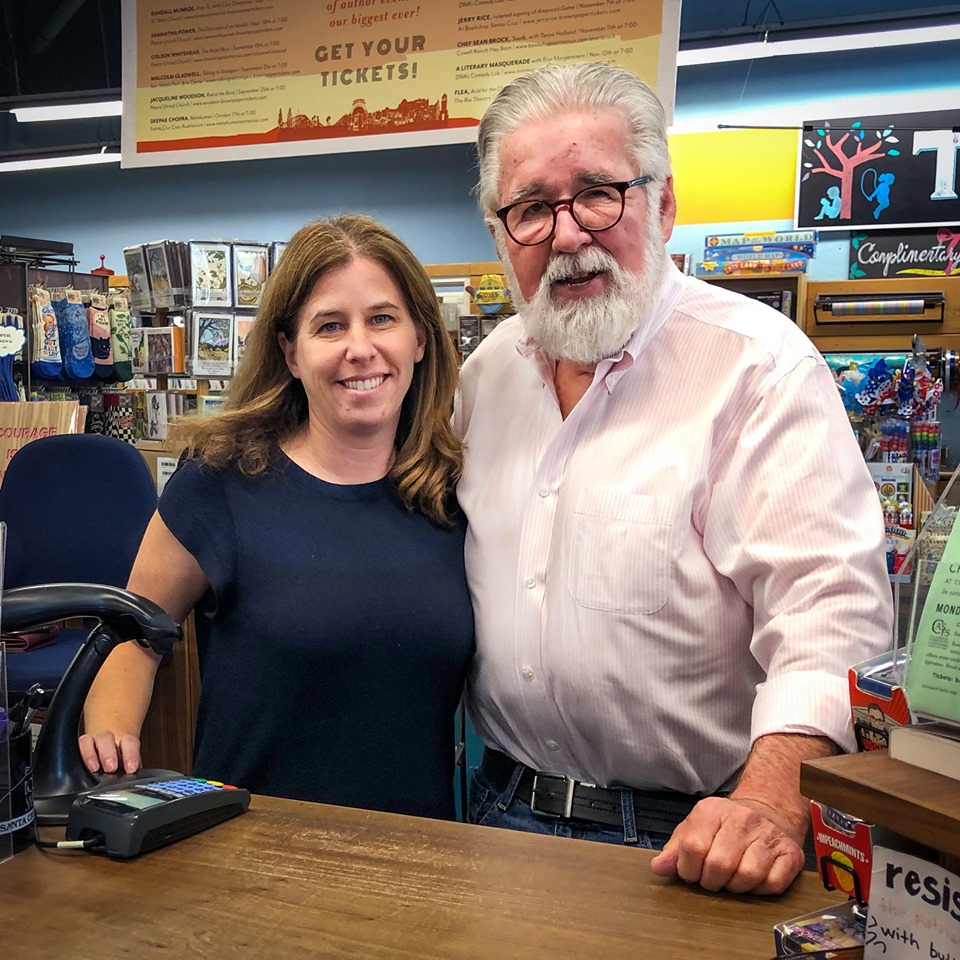
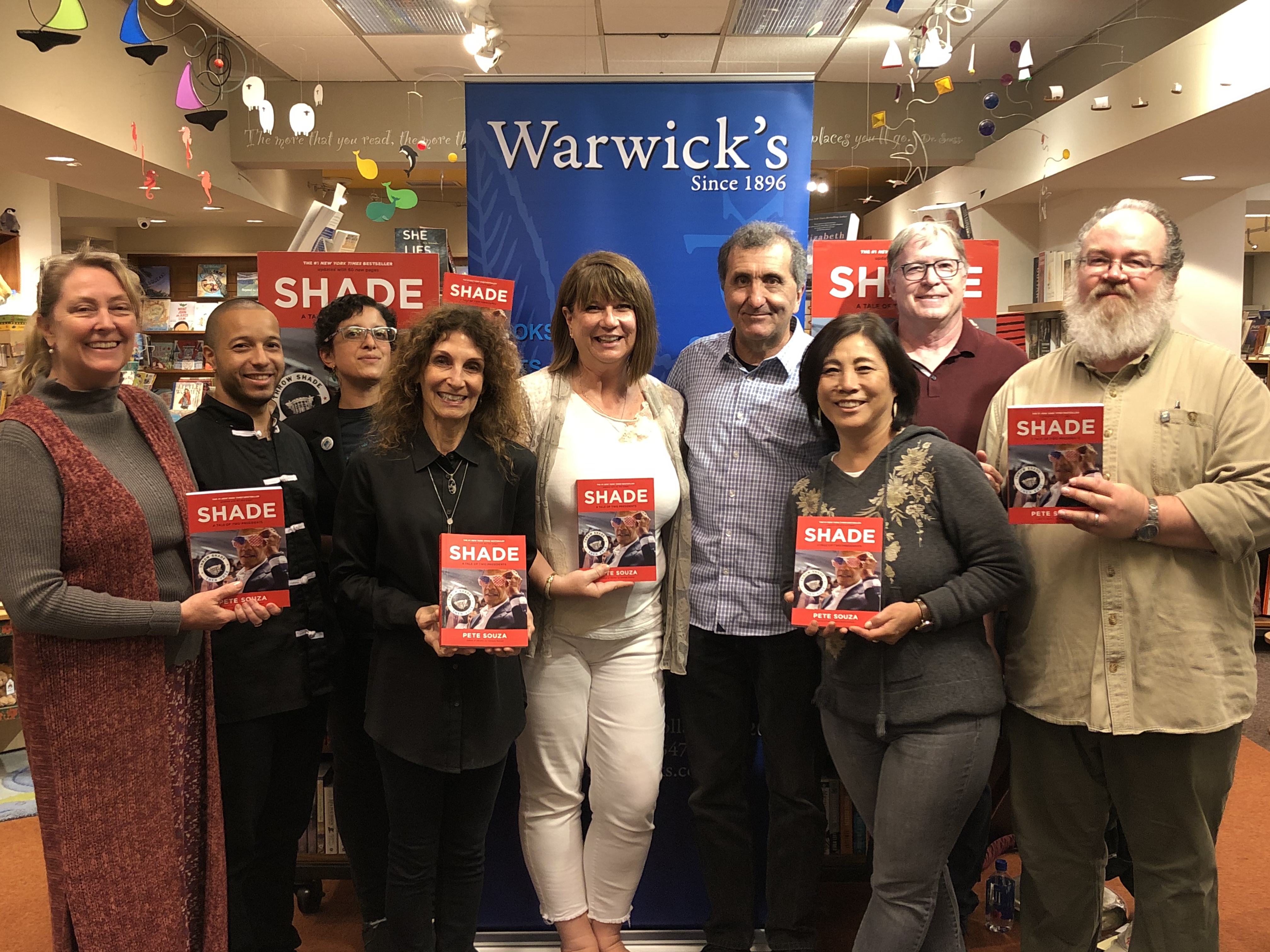 After encouraging several hundred fans to "Throw Shade and Vote" during his meet-and-greet signing, former official White House photographer Pete Souza posed for a picture with booksellers from
After encouraging several hundred fans to "Throw Shade and Vote" during his meet-and-greet signing, former official White House photographer Pete Souza posed for a picture with booksellers from 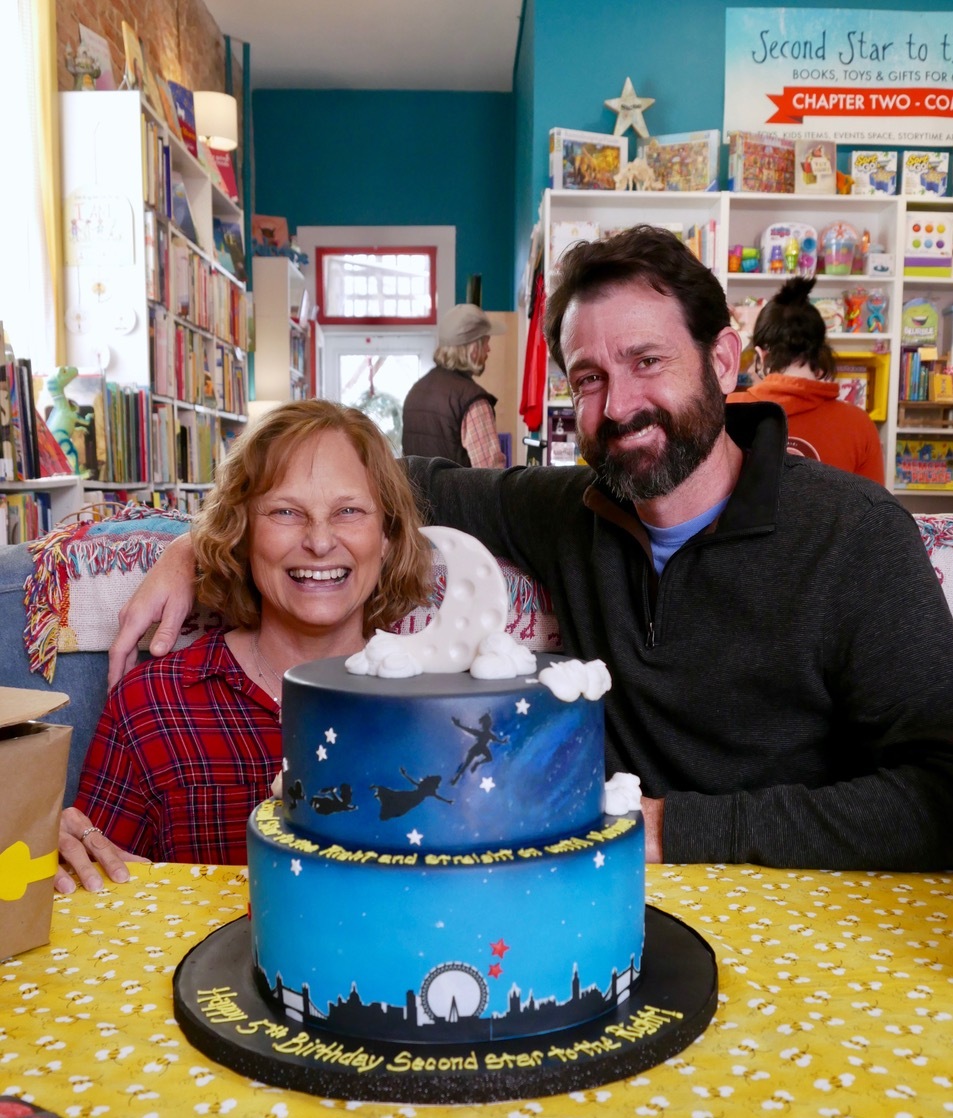
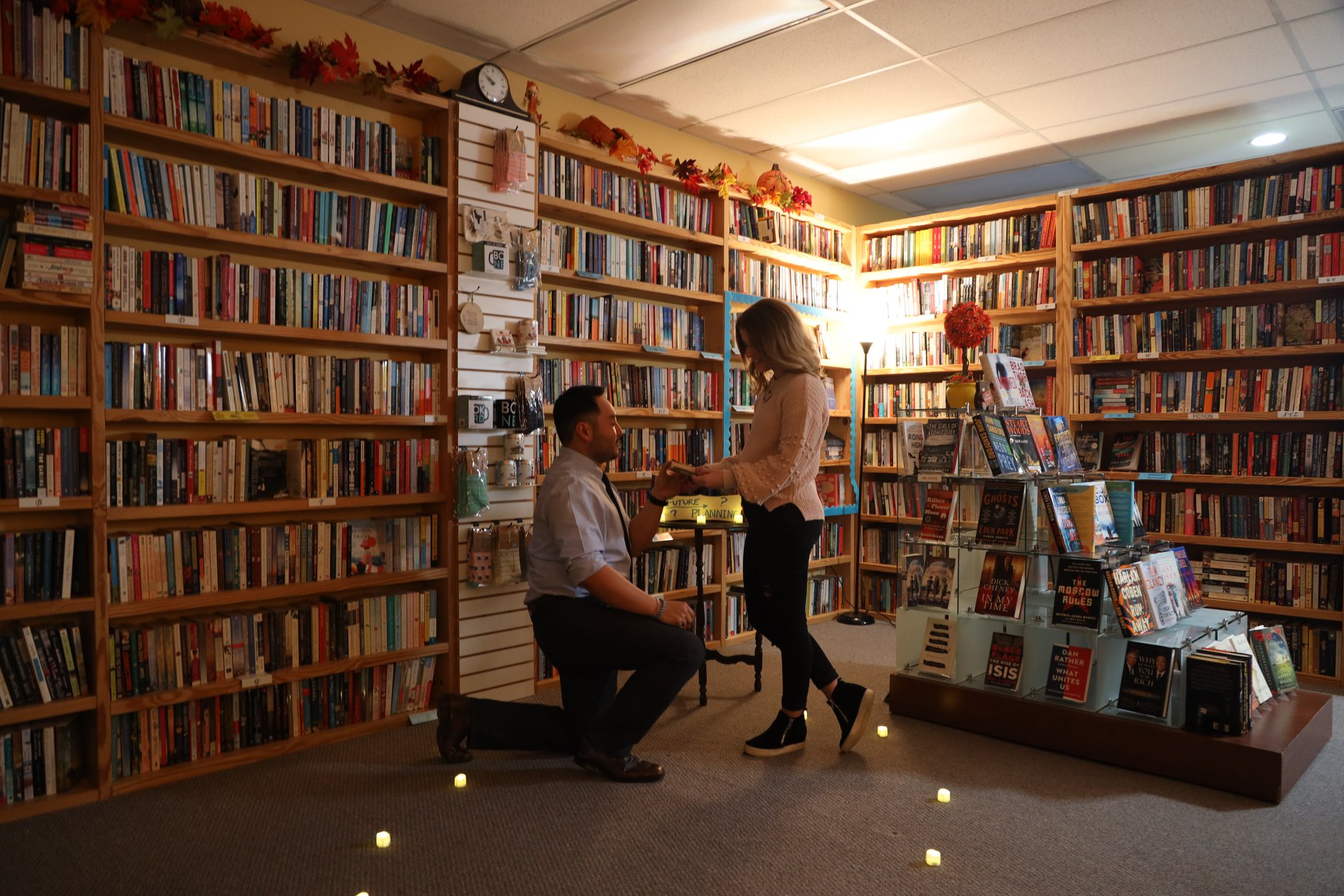 Bookmiser New & Used Books
Bookmiser New & Used Books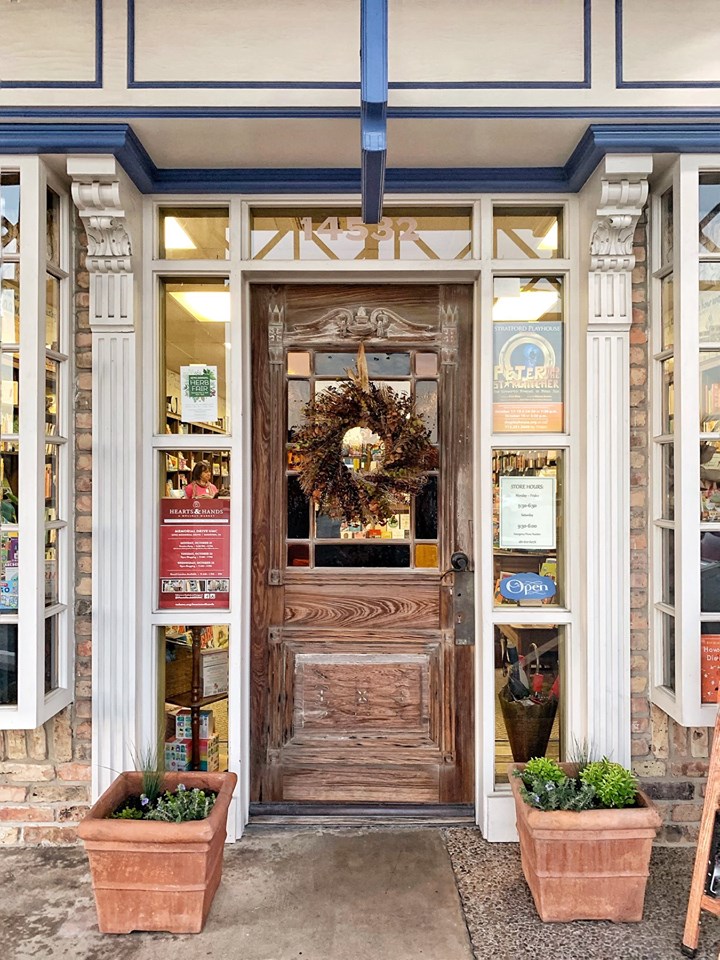
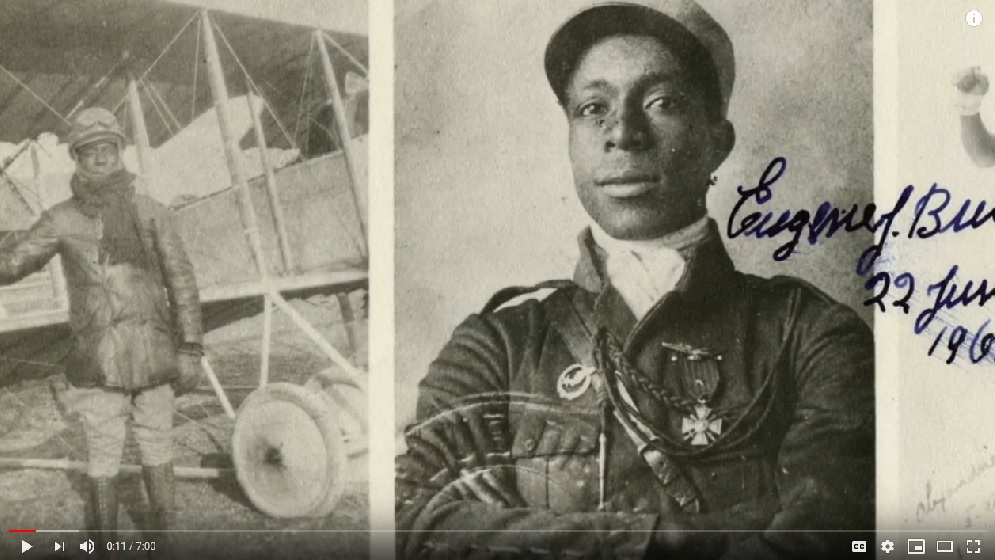 All Blood Runs Red: The Legendary Life of Eugene Bullard--Boxer, Pilot, Soldier, Spy
All Blood Runs Red: The Legendary Life of Eugene Bullard--Boxer, Pilot, Soldier, Spy
 Bookstores have always held a special place in my heart. Anyplace where books live is home to me.
Bookstores have always held a special place in my heart. Anyplace where books live is home to me.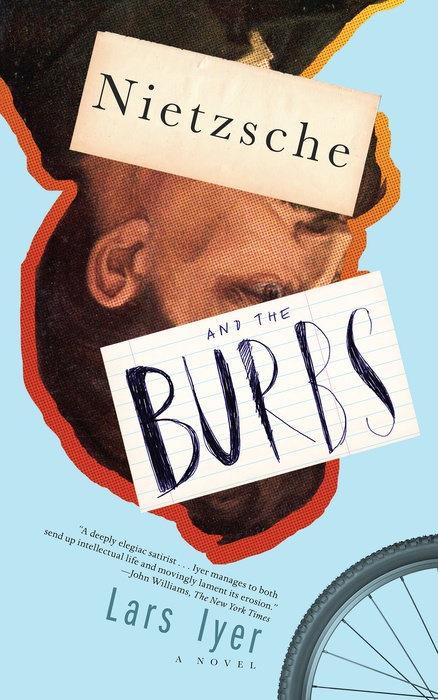 Lars Iyer (Wittgenstein Jr.) makes nihilist philosophy hip and fun in his highly entertaining tragicomedy Nietzsche and the Burbs.
Lars Iyer (Wittgenstein Jr.) makes nihilist philosophy hip and fun in his highly entertaining tragicomedy Nietzsche and the Burbs.